Dhaka, Oct 16 (V7N) – The United Nations High Commissioner for Human Rights, Volker Türk, has described the initiation of legal proceedings against individuals accused of enforced disappearances and torture in Bangladesh as a “significant step toward accountability.” He urged that the detained military officers be swiftly transferred to an appropriate civilian court to ensure a fair and transparent judicial process.
According to a statement issued by the Office of the High Commissioner for Human Rights (OHCHR) in Geneva on Wednesday, Türk emphasized that this marks the first time formal charges have been brought in Bangladesh over enforced disappearances—an important moment for the victims and their families seeking justice after years of impunity.
Last week, Bangladesh’s International Crimes Tribunal received two formal cases from the Taskforce for Interrogation Cell and the Joint Interrogation Cell, relating to enforced disappearances and torture. The court has issued arrest warrants against several individuals, including mostly former and some current military officials. Among them are several former Directors General of the Directorate General of Forces Intelligence (DGFI) and former officers of the Rapid Action Battalion (RAB).
On Saturday, the Bangladesh Army confirmed that it had taken into custody more than a dozen officers accused of serious crimes committed under the previous administration. Türk stressed that “it is vital for the army to promptly hand over the detainees to a competent civilian court to guarantee a fair and transparent criminal trial.”
The UN rights chief further urged Bangladesh to uphold “the highest standards of due process and fair trial guaranteed under international law,” ensuring the protection of both victims and witnesses in these sensitive and high-profile cases.
The OHCHR noted that its fact-finding report on last year’s July–August mass uprising had strongly recommended accountability for grave human rights violations—some potentially amounting to international crimes—under universally recognized standards of justice.
Türk also called on the Bangladeshi authorities to prioritize the resolution of numerous other unresolved cases from both the previous and current governments. He emphasized that “ensuring due process, fair outcomes, and the immediate release of individuals unjustly detained—including victims of enforced disappearance, journalists, and former government supporters—remains essential.” Many of these individuals reportedly face baseless charges, including under the country’s controversial anti-terrorism laws.
In his closing remarks, the High Commissioner urged authorities not to carry out any death sentences in ongoing court cases. “Beyond ensuring individual accountability,” he said, “the best way forward for Bangladesh lies in truth, reparation, and justice. I call on the interim government to urgently address ongoing concerns in full accordance with international law.”
END/SMA/AJ/



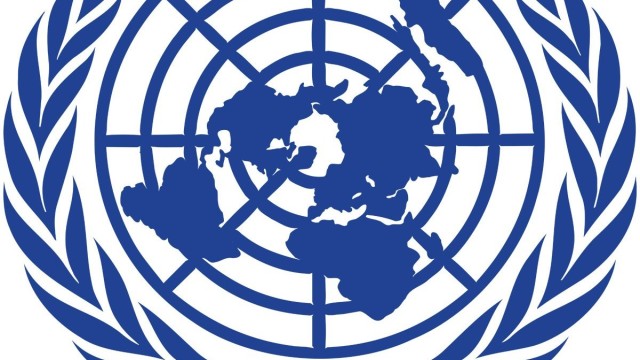
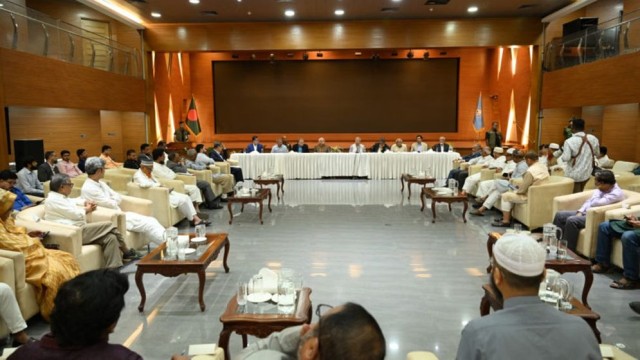
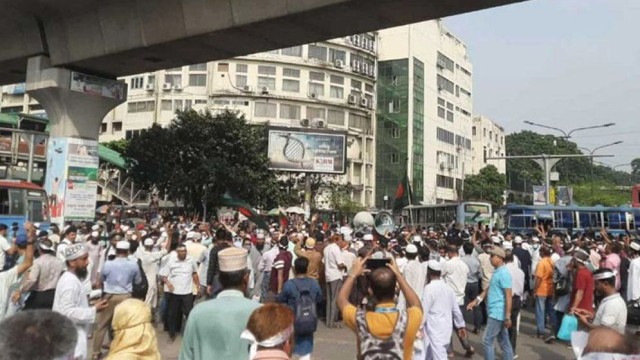
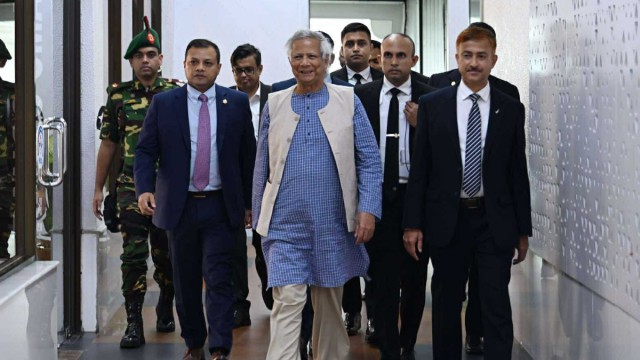
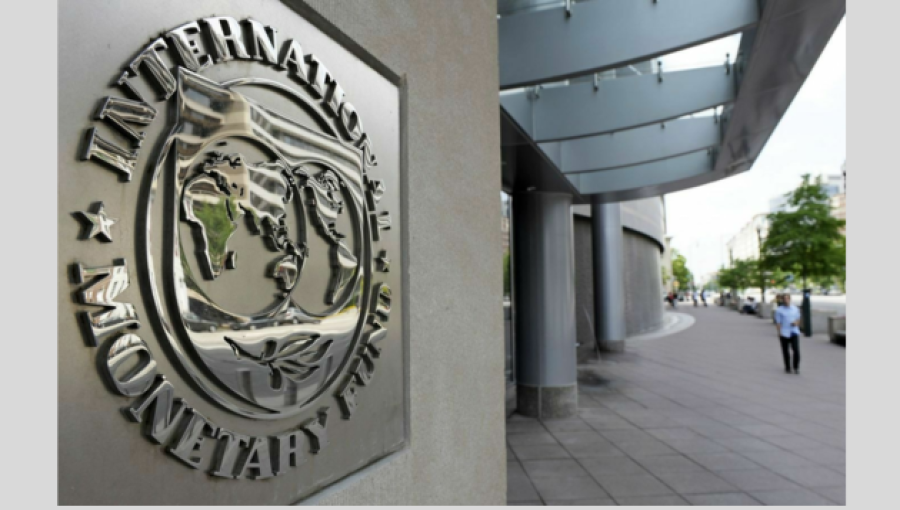
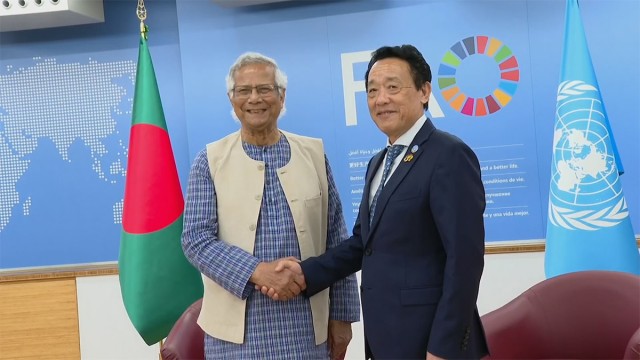
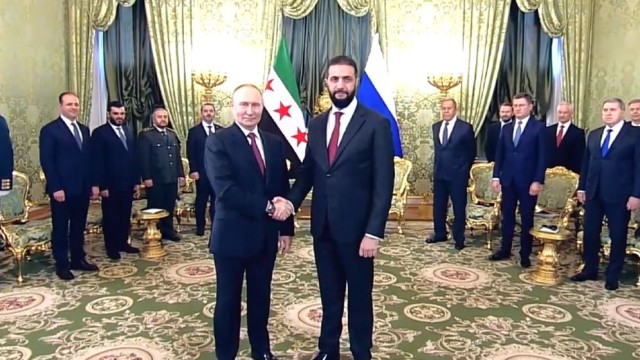
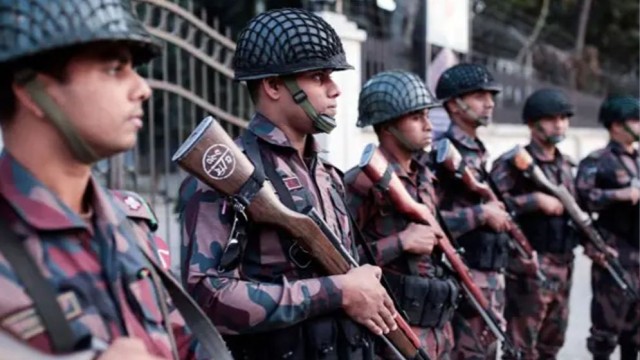
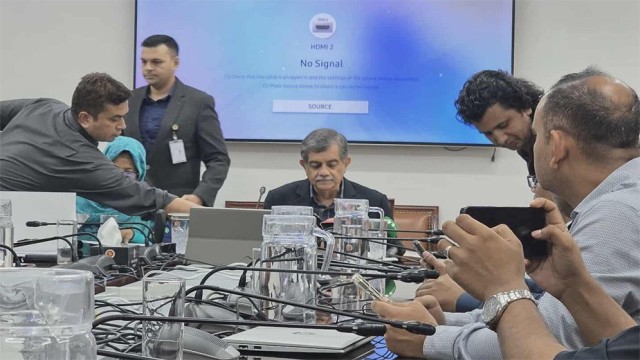
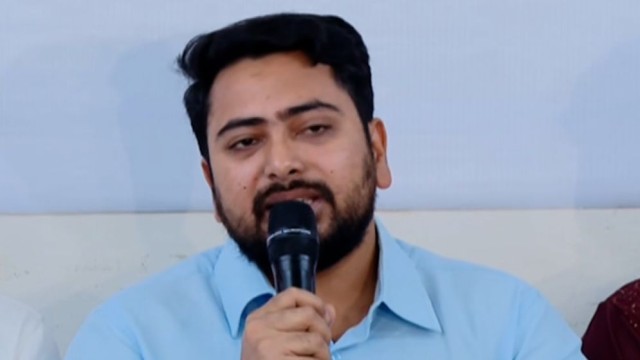
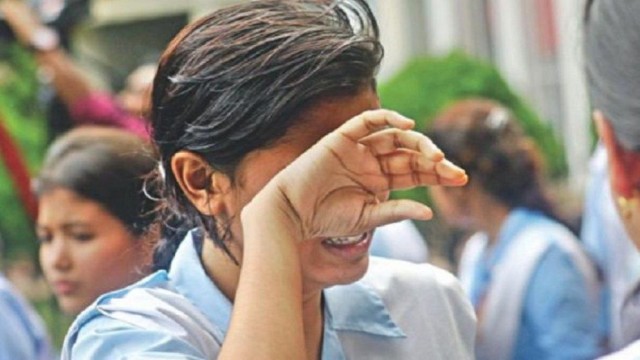
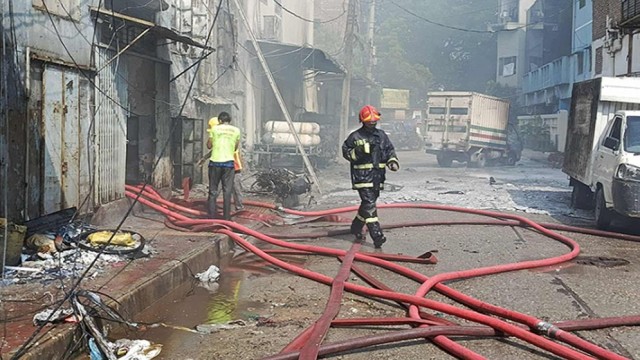
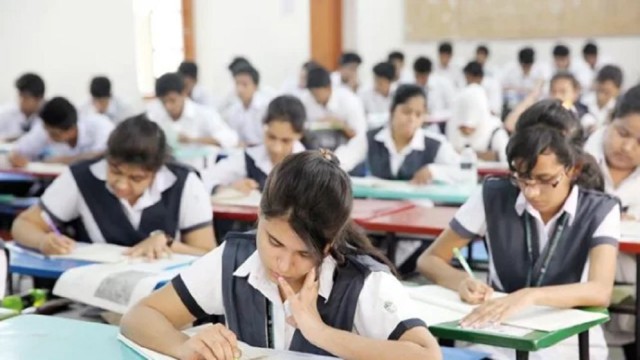
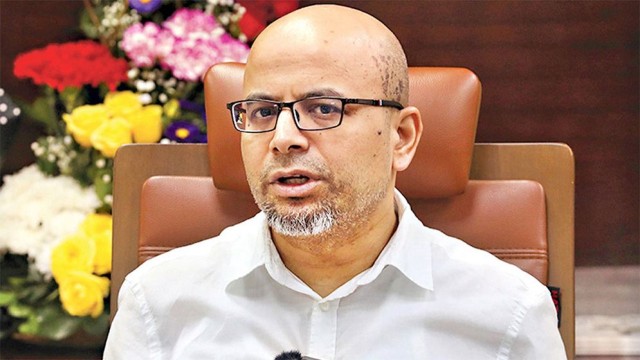
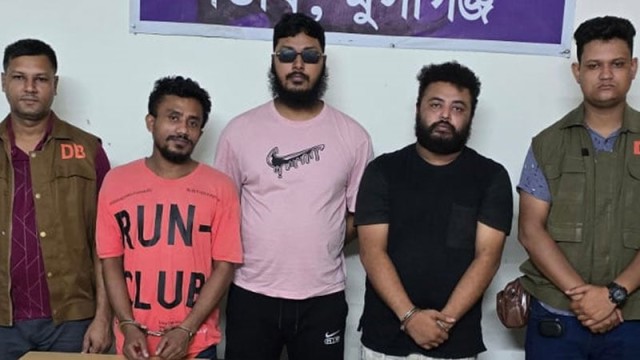

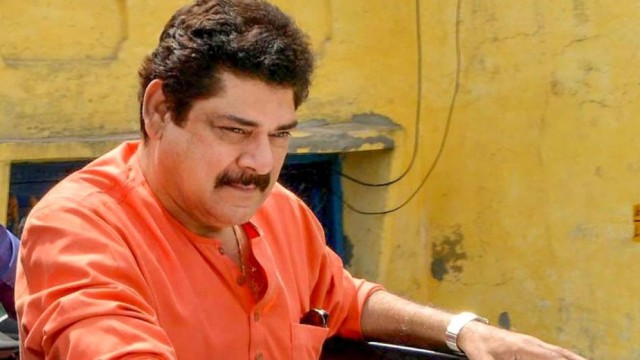
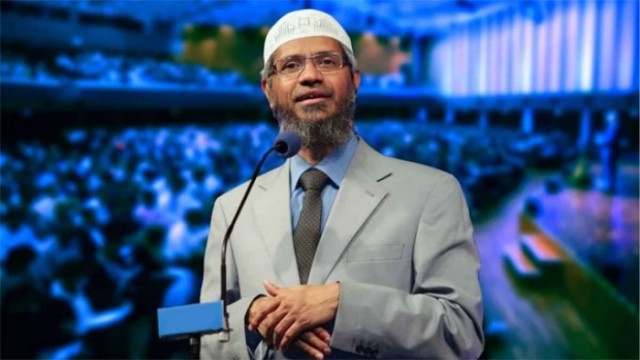
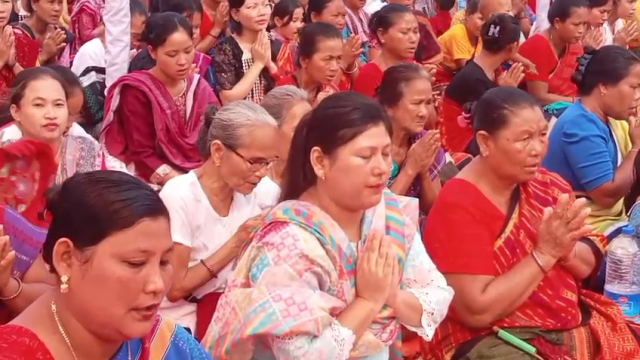
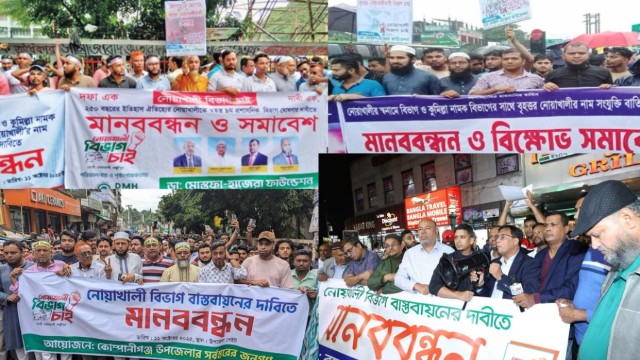
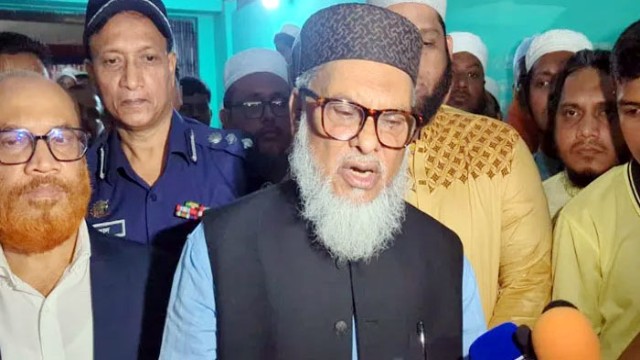
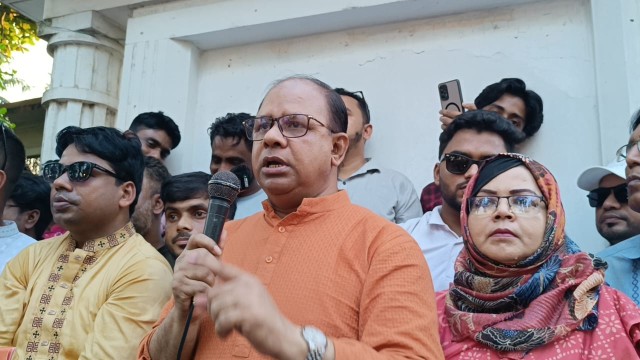
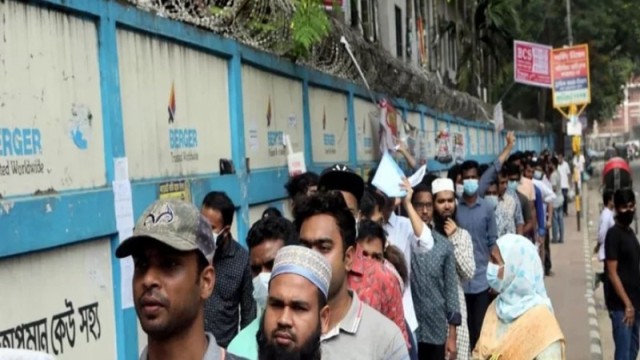
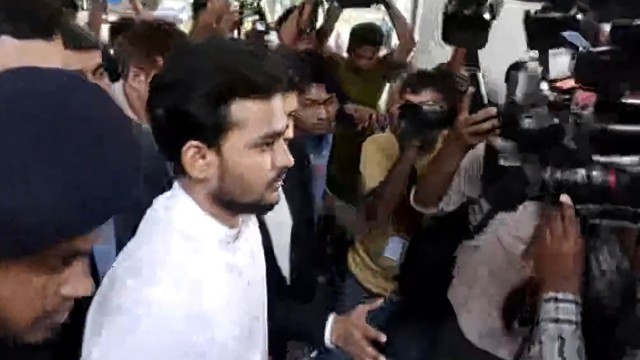
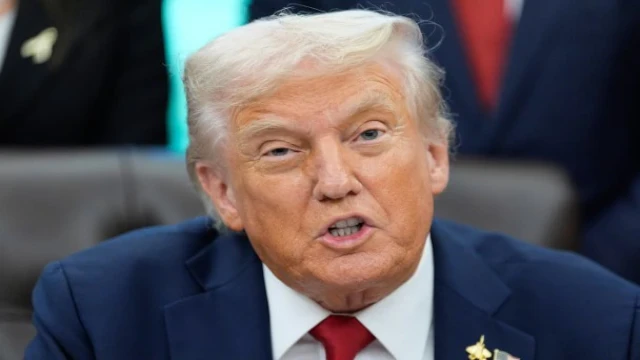
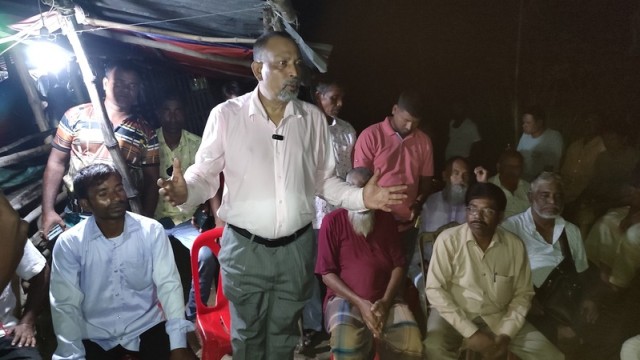
Comment: